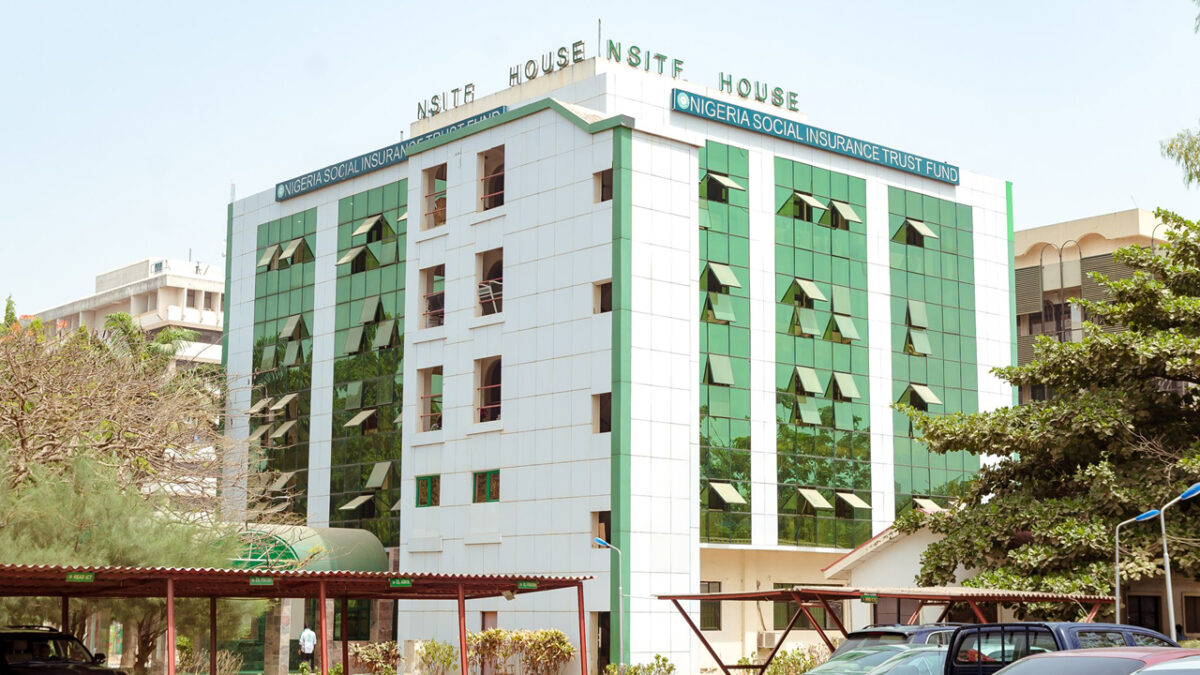Sesugh Akume, a public analyst, approached the Federal High Court, Abuja on March 4 with three law suits to seek the interpretation of various sections of the constitution, including sections 4(5), 162(3), and 163 of the 1999 constitution (as Amended), as well as section 6(1) of the Economic and Financial Crimes Commission Act 2004.
Through his lawyer, Rodney Adzuanaga, he sought various issues for determination on whether the willful destruction of alcoholic beverage bottles and wasting the content is economic sabotage, whether the manufacture, distribution, sales, consumption or possession of alcoholic beverages is forbidden in Nigeria, and whether it is contradictory to destroy alcoholic beverage bottles and waste the contents while benefiting from the valued added tax from alcoholic beverages.
Akume’s suit comes after multiple stories of the destruction of beer in the northern part of the country. In November 2020, the Kano State Hisbah Board destroyed 1,975,000 bottles of alcohol (over 20 trucks) worth over N200 million. In 2013, in Kano, 240,000 bottles of beer were also reported destroyed. Another destruction exercise took place in 2019 when the Kano Hisbah Board destroyed 196,400 bottles of beer. These actions are some of what Akume sought determination for in his suit.
READ ALSO: EXCLUSIVE: Over N200m Fraud in Lai Mohammed’s Ministry of Information and Culture
Akume, who has gone to court several times on public interest matters, also joined the National Assembly; the Senate President; Speaker of the House of Reps), Chairman, Senate and House Committee on Appropriations; Minister of Finance, Budget and National Planning), Director General, Budget Office of the Federation; and the Attorney General of the Federation, in the suit.
The interpretation sought by Akume was on sections 4, 80, 81, and 82 of the constitution on whether the Appropriation Bill or Appropriation Act caters to non-statutory institutions, whether the government can fund or provide for bodies not established by law.
In an interview with Channels TV, Akume said: “Many of us don’t know that we have 929 federal government agencies. What do we need 929 federal government agencies for?
“Most of them are doing the same thing. And then many of them are not even established by law. Is this a proper thing? So I can just wake up one day and then write something somewhere and create an agency and they put it in the budget and someone starts funding it?”
Akume noted that the 26 federal medical centres in the country are not established by law. Akume’s suit at the Abuja High Court is one that the 2014 Steve Oransoye Report addressed. Out of the 268 recommendations by the Oronsaye Committee, the government rejected 90 percent of the recommendations.
“What I want this suit to achieve like all impact litigation does is to get us to think afresh, to think properly,” Akume said.
While the Freedom of Information Act 2011 was passed into law, whether the National Assembly, and clerks of the House of Representatives, Senate and National Assembly have complied wholly and exhaustively with the spirit and letter of provisions of the FOI Act was questioned in the suit.
“It took like 10 years before it (FOI Bill) was passed. Former President Obasanjo had boasted that it will not be passed because it was going to create accountability,” Akume said in the interview.
“The law compels public institutions to open their books for public scrutiny. It says information should be organised in such a way that the public can access it. And then it says once you ask for information it should be granted in three days, and if it takes too long it should take seven days.”
Akume had filed similar suits in Benue State. In a press statement he said: “The Honourable Justice A I Ityonyiman declined to answer whether accounts and financial records of local governments are classified documents. Also, whether it is not the duty of public institutions (including states and local governments) to publish their books; and whether the FOI Act 2011 does not apply to all public institutions at all levels.”
Akume’s public interest suits are tackle governance issues Nigerians are struggling with.
Subscribe
Be the first to receive special investigative reports and features in your inbox.




















